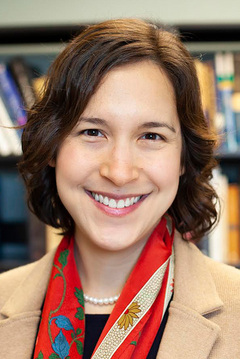Augustine & the Problem of Pelagius
Course Description
Augustine of Hippo was involved in many debates over his lifetime. He took on Manichees, Donatists, versions of Arianism, and even some aspects of the Platonism of his day. But the most famous controversy associated with this most famous theologian (excepting only the gospel writers and Paul) is the Pelagian controversy, in which Augustine tackled the thorny issues of grace, free will, and how these shape the basic character of human life. Not for nothing is Augustine known as the “Doctor of Grace.”
But when one considers the Pelagian controversy through a 21st century lens, a strange convergence appears. On the one hand, Pelagius’ diagnosis of the chief obstacle to human flourishing as deficient self-esteem could hardly be more timely. It matches many of the anxieties and ambitions of our age. Yet precisely now, when Pelagius’s outlook is more prevalent than ever, there is an unsettling confusion about what to make of him: What did he actually teach? Was he an anomaly in the Christian tradition or was Augustine’s response to him the anomaly? What can we learn from his perspective and what aspects of his thinking (if any) are problematic from a Christian perspective? In this course we will explore Pelagius in his own words as well as Augustine’s responses to him in order to apply the insights of the Pelagian controversy in our own day.
| Dates | Jul 1–Jul 5 |
| Days & Times |
Mon, Tue, Wed, Thur, Fri 1:30PM–4:30PM |
| Format | Onsite/Online |
| Credit Hours | 1–2 |
| Audit Hours | 1 |
Faculty
Han-luen Kantzer Komline
Marvin and Jerene DeWitt Professor of Theology and Church History
Notes
Course information sheets will be posted here soon.
Prerequisites
There are no prerequisites for this course.


